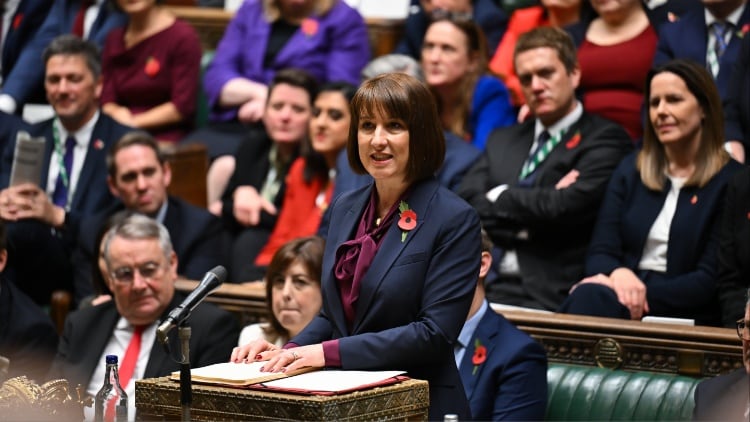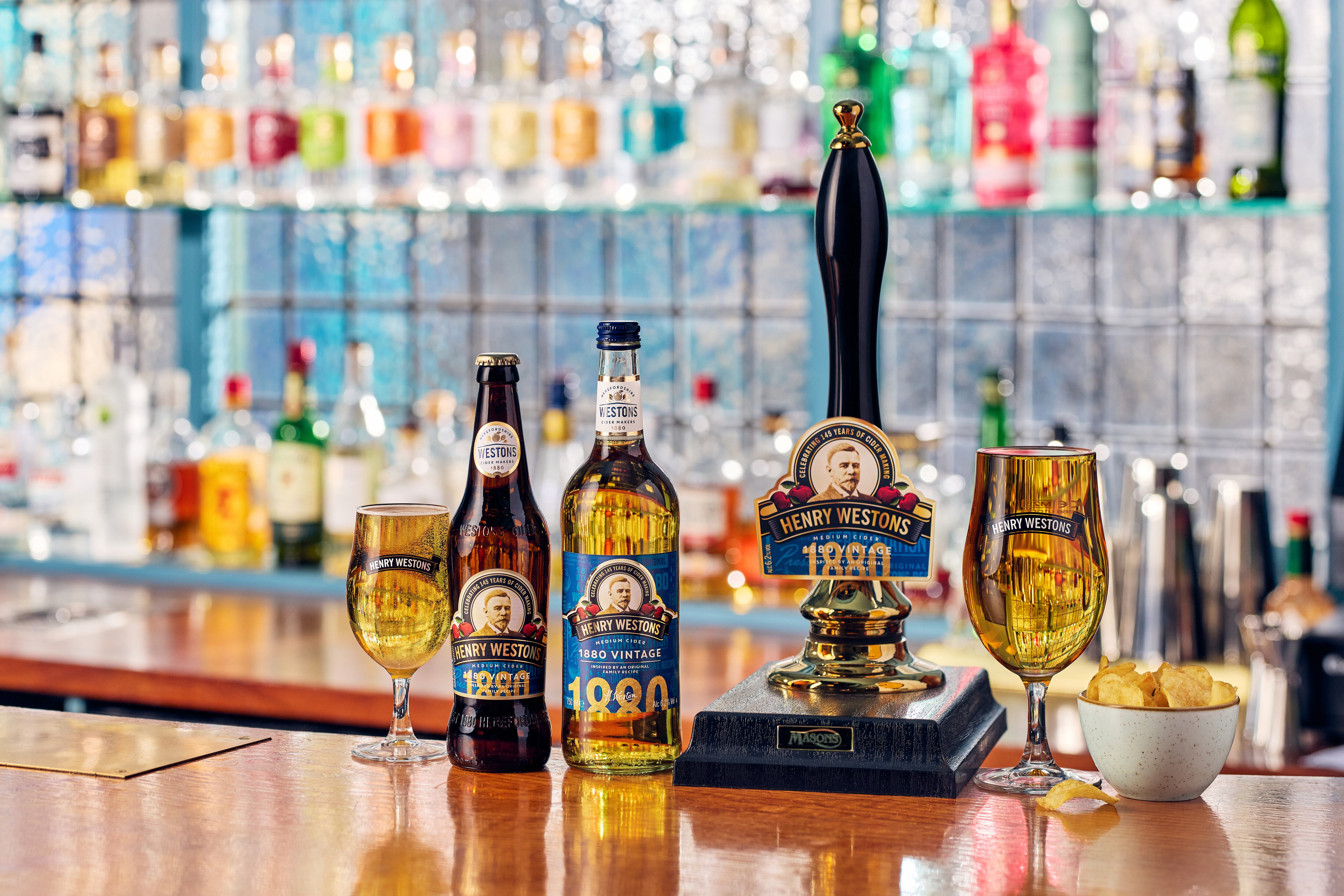The fiscal address is set to take place on Wednesday 26 March.
Owner of the Onslow Arms in Loxwood, West Sussex, Rob Barr told The Morning Advertiser (The MA) he was hoping for three things in the statement; reversing the increase to Employer National Insurance, business rates review and off-trade duty increases.
He said: “[We need] threshold before ENICS kicks in to be reversed back to £9,100, or even better would be adjusting for wage increases rather than the continued stealth taxes.
“We also need the business rates review we were all promised in the manifesto to take place immediately, which would be a commitment to the British people. Until this is done, the discount should revert back to 75%.
“An increase to duty for off-trade would also provide an incentive for consumers to support the hospitality industry when having a pint, wine etc., rather than supporting the huge supermarkets.
Offsetting costs
“These three things would provide short to medium term stability for the on-trade alongside longer term commitments of rebalancing the hospitality industry against the large supermarkets and other outlets.”
Meanwhile, owner of the Tamworth Tap in Staffordshire, George Greenaway said reinstating the business rates discount to 75%, or removing the tax altogether, would give the industry a fighting chance.
He continued: “It’s more a case of offsetting increased costs. It’s one of the ways the Government would be able to influence direct costs immediately. We’ll certainly see a huge peak in casualties if not addressed.”
This comes ahead of April’s tax hikes, which could cost the sector billions, trade body UKHospitality (UKH) previously estimated.
Pub behemoth JD Wetherspoon (JDW) recently claimed the increase to ENICs in next month would cost the business more than £1m a week.
Campaign for Real Ale (CAMRA) chairman Ash Corbett-Collins told The MA the sector needed action and not empty words from the Chancellor next week.
He said: “Pubs are at the heart of communities up and down the UK, and the Government needs to act fast to create more financial stability for publicans to stop rapid closure numbers continuing.
“The Chancellor should accelerate her plans to end sky high business rates – as well as consider lowering the VAT on drinks served in pubs and offering help for the hospitality sector with the burden of National Insurance increases."
Operators have also faced pressure caused by the Extended Producer Responsibility (EPR), the British Beer & Pub Associated (BBPA) added.
Top priority
A BBPA spokesperson said: “We’re right behind Labour’s mission to supercharge growth and can deliver this economic boost across the UK, but only if it is easier for pubs and brewers to keep their doors open.
“However, Government must, as a top priority, bring in meaningful business rates reform, phase in new employment costs, and review the chaotic and unfair EPR regime, so the sector can keep boosting the economy, supporting local jobs, and remaining at the heart of communities.”
Elsewhere, Night Time Economy Adviser and chair of the Night-Time Industries Association (NTIA), Sacha Lord, called for the Government to echo the support given to hospitality businesses in Europe.
He said: “Germany’s decision to slash VAT for hospitality to 7% is a decisive move to protect businesses and jobs and drive economic growth.
“Meanwhile, we continue to impose one of the highest hospitality VAT rates in Europe, despite Brexit removing the supposed barrier to change.
“This disproportionate tax burden makes our sector uncompetitive, un-investable and for many operators, un-survivable.
“A sector-specific VAT reduction is not a radical proposal, but a proven strategy that would provide immediate financial relief, keep venues trading, protect employment and make going out more affordable for consumers, which will ultimately be the driver behind the economic growth the Chancellor so desperately needs.”
Lord continued: “Furthermore, it would mean saving thousands of venues across the UK, and although we have had strong backing by cross-party MPs, there is little understanding of the impact of this tax within the wider Westminster and Treasury corridors.
“This is no longer just an economic issue, but a societal one. Operators here are facing unsustainable cost pressures, and without intervention, more closures are inevitable.”





